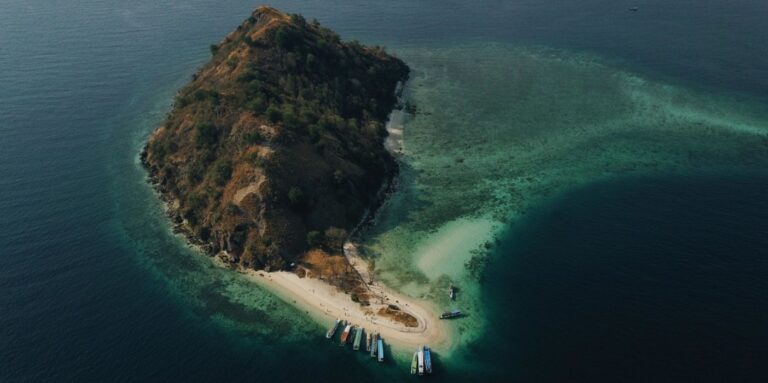The World Economic Forum, alongside the Indonesian government, has launched ‘Ocean 20’ (O20), an initiative aiming ‘to ensure the long-term sustainability of the ocean economy’. This comes just ahead of the G20 summit, a meeting of 19 of the world’s biggest economies and the European Union, which is due to take place from tomorrow in Bali.
Gemma Parkes, Ocean Communications Lead at the World Economic Forum, said: “As the G20 represent 45% of the world’s coastlines, 80% of global carbon emissions and 75% of global trade, restoring the ocean’s value and ensuring the long-term sustainability of the ocean economy represents a critical opportunity to address many of the priorities set out in the G20 agenda, including stimulating economic growth, jobs and innovation.”
Later today and over the course of the summit, it is expected that world leaders will come together with private organisations and local communities to formally identify the key targets of O20. Topics to be discussed will include coastal ecosystem restoration, marine pollution, and the sustainability of the blue economy.
Klaus Schwab, Founder and Executive Chairman of the World Economic Forum, said: “For a truly thriving ocean that serves and safeguards people in all communities and is strong in its role of buffering us against the worst effects of the climate crisis, we need all stakeholders coming together to tackle the greatest challenges facing the ocean today.”
He added: “Through Ocean 20 we are helping drive an agenda that brings G20 governments, businesses and other stakeholders together to commit and take action for a healthy ocean.”
Indonesia is hosting this years G20 summit. Its President, Joko Widodo, understands the importance of maintaining the global ocean economy, saying: “Indonesia takes pride in initiating Ocean20. It is part of our commitment to protecting oceans and building a sustainable ocean economy.”
She continued: “We invite all G20 leaders to contribute actively to these critical endeavours, including by allocating necessary means and resources. Let us collaborate to sustain a healthy planet and oceans for the next generations.”
With 90% of traded goods being carried over the waves, according to the Organisation for Economic Co-operation and Development (OECD), ocean shipping is at the heart of global logistics. Because of this, decisions about the future of this trade will be keenly observed by many logistics stakeholders.
Over the coming days, it is hoped that discussions between G20 leaders will turn ambition into commitment, and eventually action to protect the ocean economy.







